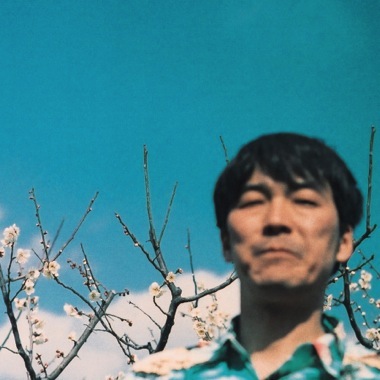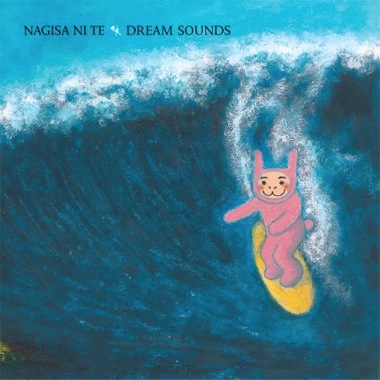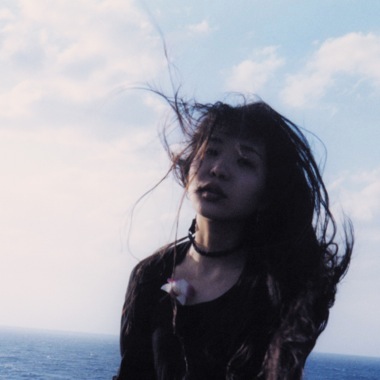
Nagisa Ni te (aka Shinji Shibayama and Masako Takeda) are back. Their new record The Same As A Flower, recorded between 2002 and the beginning of this year, is the third to be released stateside and throughout Europe by Jagjaguwar. Much like on their previous records, the songs on the new record are about nature, about the singularity of two people immersed in nature together, and about experiencing life as “being”, not “becoming” or “recovering from”. And like their previous full-length record, Feel, The Same As A Flower still brings to mind the very best of sixties’ and seventies’ psychedelic, progressive and folk rock (i.e. middle-era Pink Floyd, Roy Harper, 13th Foor Elevators and early Neil Young). Maher Shalal Hash Baz’s Tori Kudo may describe Nagisa Ni te best when he says: “Nagisa Ni te’s naked Progressive rock-based worldly songs, which are sung not so much deliberately as seriously, on their love beach, now fill a blank somewhere between underground hi-fi and overground lo-fi.” In the beginning, Shinji Shibayama performed “hyped up dada-psych” in the early 1980’s as part of Idiot O’Clock and then the more toned-down Hallelujahs. He also founded and still runs Org Records, the label responsible for bringing Eastern psych powers Maher Shalal Hash Baz to the world. With Maher Shalal Hash Baz’s help, with the musical contributions of many of their collective friends, and with the assistance of Shibayma’s now full-fledged cohort Masako Takeda in all things Nagisa Ni te, Shibayama recorded and released On The Love Beach (also available through Jagjaguwar), a beautiful, slow and entrancing work pulling equally from American and British rock traditions. Thus was born Nagisa Ni te, which means “on the beach” in Japanese, an homage of sorts to Neil Young’s 1975 masterpiece. Their psych folk tendencies notwithstanding, Nagisa Ni te have also done well throughout all of their records to take cues from the avant rock world around them, comfortably implementing the minimalist credo “less is more” throughout their body of work. “What Shinji Shibayama is after is nothing less than the moment itself, not three minute pop perfection, but the vivid presence of an epiphanic instance out of time and the reach of mere psych-pop posturing.” – Stephen Robinson for Wire “Nagisa Ni te are possessed of a beatific quality in which they come across as a gentler, more otherworldly confident Crazy Horse.” – David Grubbs (of Gastr del Sol) for Sueddeutsche Zeitung




